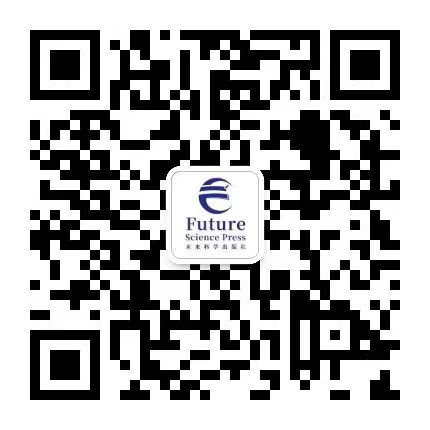The Impact of Interdisciplinary Curriculum Design Based on STEM Education on Elementary Students’ Innovative Thinking Abilities
院校:School of Foreign Languages, Chengdu College of Arts and Sciences, China
摘要:This study investigates the impact of an interdisciplinary STEM curriculum on the innovative thinking abilities of elementary school students. Employing a mixed-methods research design, the study compares an experimental group engaged
in an integrated STEM curriculum with a control group following a traditional curriculum. Quantitative data, collected through pre- and post-implementation assessments, indicate a significant enhancement in innovative thinking abilities among students in the experimental group. Qualitative data, derived from interviews and focus groups, reveal improvements in student engagement, problem-solving skills, and interdisciplinary learning experiences. The study discusses the implications of these findings, highlighting the advantages and challenges of interdisciplinary curriculum design. It concludes with recommendations for educational practice and suggestions for future research. Limitations of the study and the need for longitudinal research are also addressed.
关键词
Interdisciplinary Education; STEM Curriculum; Innovative Thinking; Elementary Education; Mixed-Methods Research
全文
PDF
参考
[1] Anderson, L. W., & Krathwohl, D. R. (2001). A taxonomy for learning, teaching, and assessing: A revision of Bloom’s taxonomy of
educational objectives. Longman.
[2] Bransford, J. D., Brown, A. L., & Cocking, R. R. (2000). How people learn: Brain, mind, experience, and school. National Academy
Press.
[3] Council of Chief State School Officers. (2017). The state of STEM education in the U.S. Retrieved from
[4] Hmelo-Silver, C. E. (2004). Problem-based learning: What and how do students learn? *Educational Psychology Review, 16*(3), 235-
266.
[5] Kolb, D. A. (1984). *Experiential learning: Experience as the source of learning and development*. Prentice-Hall.
